In the vast tapestry of literary fantasy, few works loom as large as J.R.R. Tolkien's Middle-earth saga, particularly "The Lord of the Rings." Yet, beneath the surface of Tolkien's richly imagined world lies a deep current of inspiration drawn from Norse mythology. From characters to creatures and themes, the echoes of Norse lore resonate throughout Middle-earth, enriching Tolkien's epic with a sense of mythic grandeur and timeless resonance.
J.R.R. Tolkien's fascination with mythology, folklore, and ancient languages is well-documented, and his immersion in Norse mythology played a pivotal role in shaping the world of Middle-earth. Let's explore some of the parallels between Norse mythology and Tolkien's works:
The Dwarves:
In Norse mythology, dwarves are skilled craftsmen who forge powerful artifacts and treasures. Notable figures like Brokkr and Sindri, who crafted Thor's hammer Mjölnir, embody the craftsmanship and ingenuity of Norse dwarves. Similarly, in Tolkien's Middle-earth, dwarves like Thorin Oakenshield and Gimli share these traits, crafting iconic artifacts like the Dwarven Rings and the Arkenstone.

The Dragons:
Dragons are iconic figures in both Norse mythology and Tolkien's legendarium. In Norse myth, the dragon Fafnir guards a cursed treasure hoard, while the cunning dragon Smaug hoards the Lonely Mountain in Middle-earth. Both dragons represent greed, avarice, and the corrupting influence of wealth, embodying the dangers of unchecked ambition.

The One Ring and the Ring Cycle:
The concept of a powerful ring imbued with magical properties bears striking similarities to the Ring of the Nibelung from Norse mythology. Both rings possess the ability to confer great power upon their wielders but also bring about destruction and downfall. Tolkien's Ring of Power, like its Norse counterpart, becomes a central motif symbolizing the corrupting influence of greed and ambition.

The Theme of Ragnarök: Ragnarök, the apocalyptic event in Norse mythology marking the end of the world and the subsequent rebirth, finds echoes in Tolkien's mythos. The War of the Ring, with its cataclysmic battles and the eventual renewal of Middle-earth, mirrors the cyclical nature of Ragnarök. Themes of heroism, sacrifice, and the inevitability of change permeate both Norse and Tolkien's visions of cosmic struggle and renewal.

In conclusion, the influence of Norse mythology on Tolkien's Middle-earth is profound and multifaceted, enriching his epic with a sense of mythic depth and cultural resonance. By examining the parallels between characters, creatures, and themes, we gain a deeper appreciation for the timeless allure of both Norse lore and Tolkien's masterful storytelling.
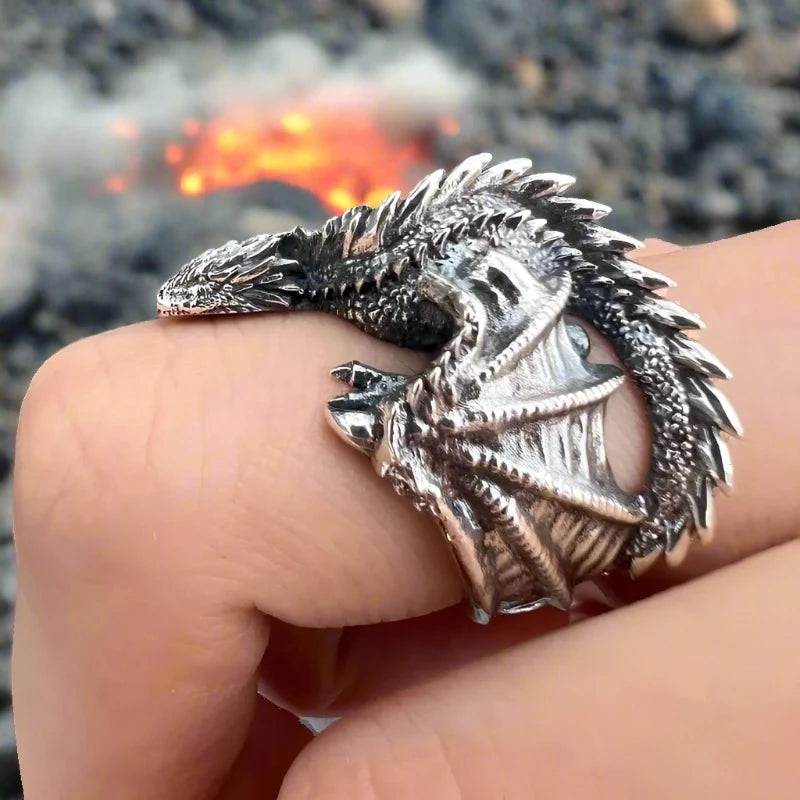
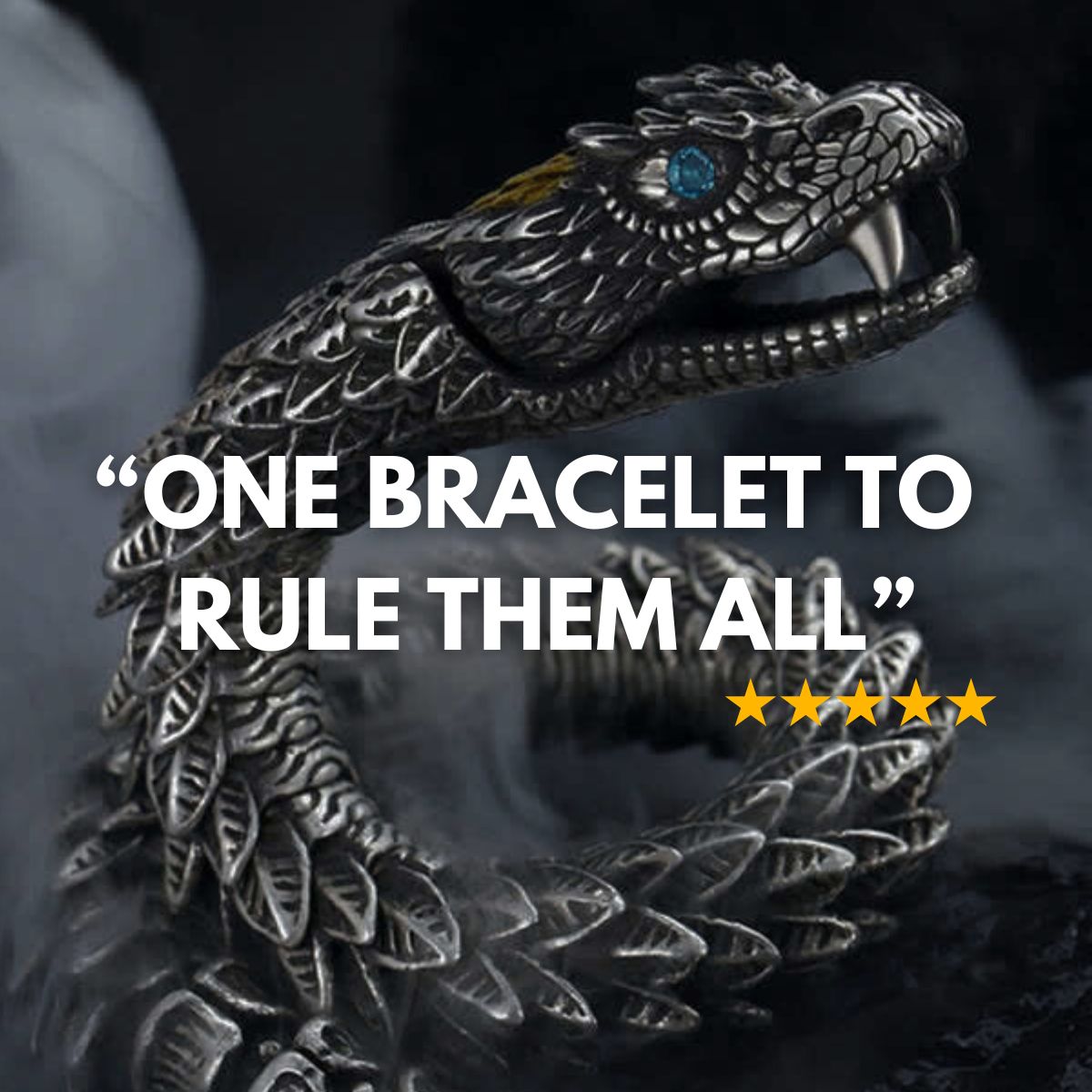
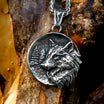
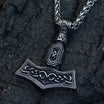
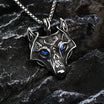
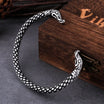
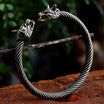

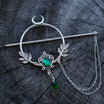
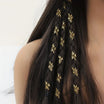

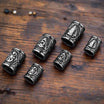
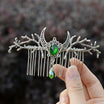
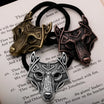

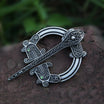
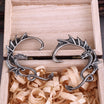
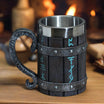
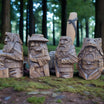
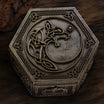
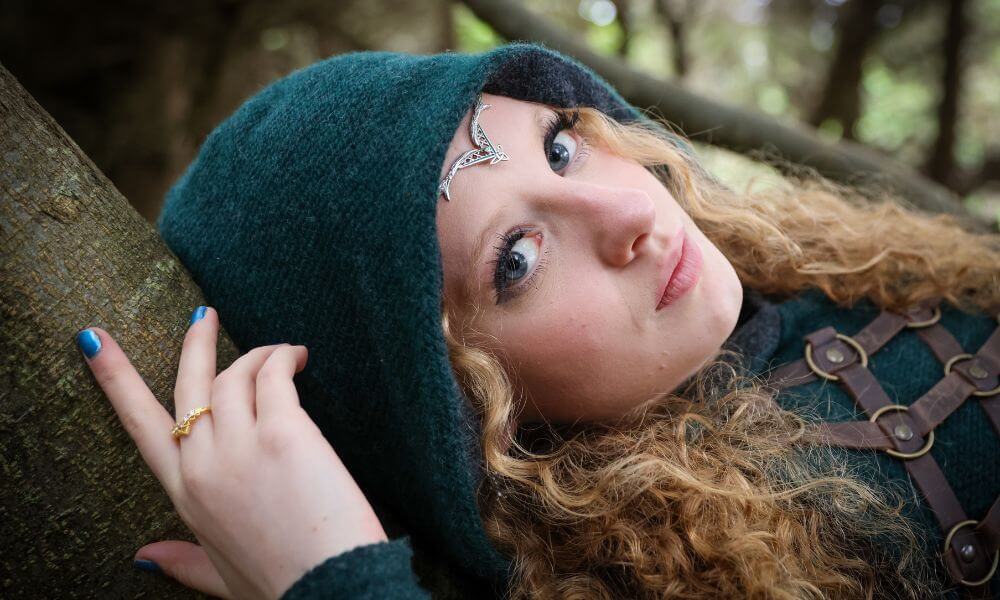
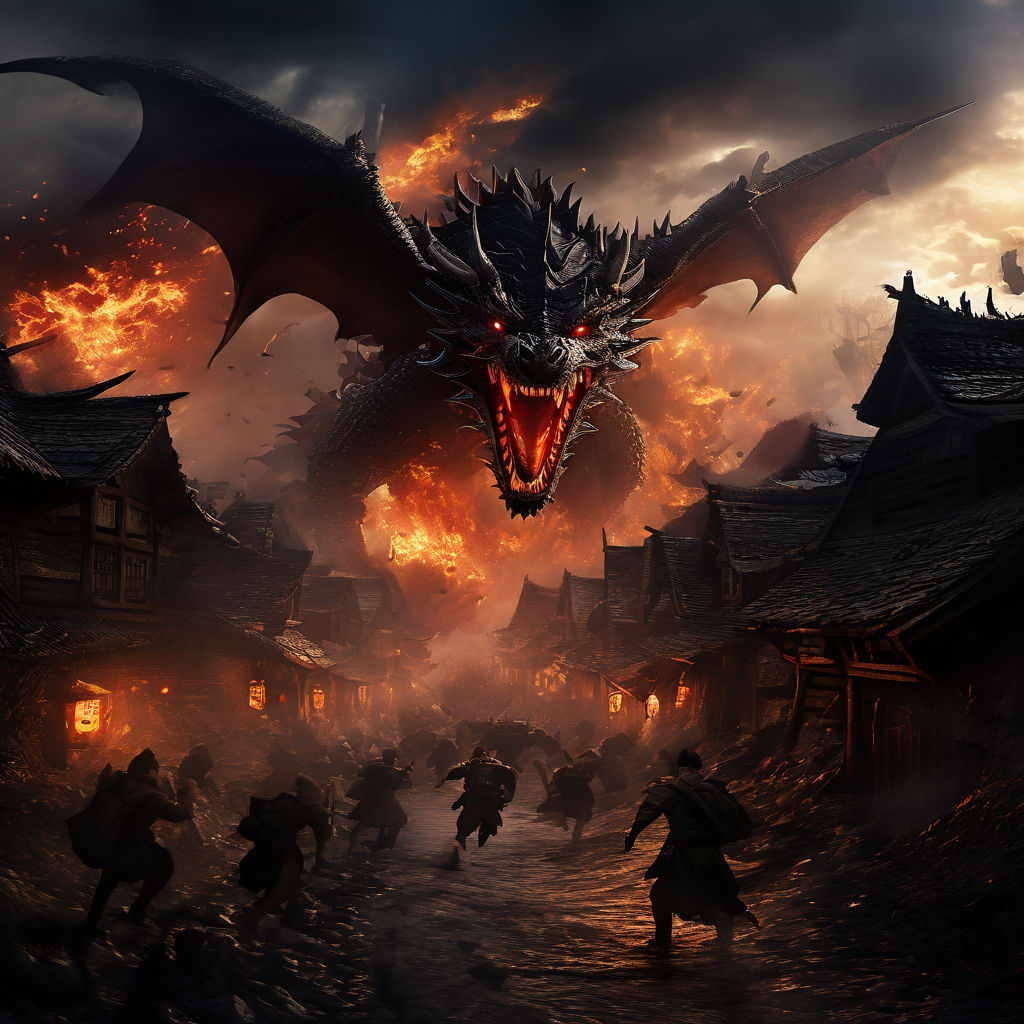
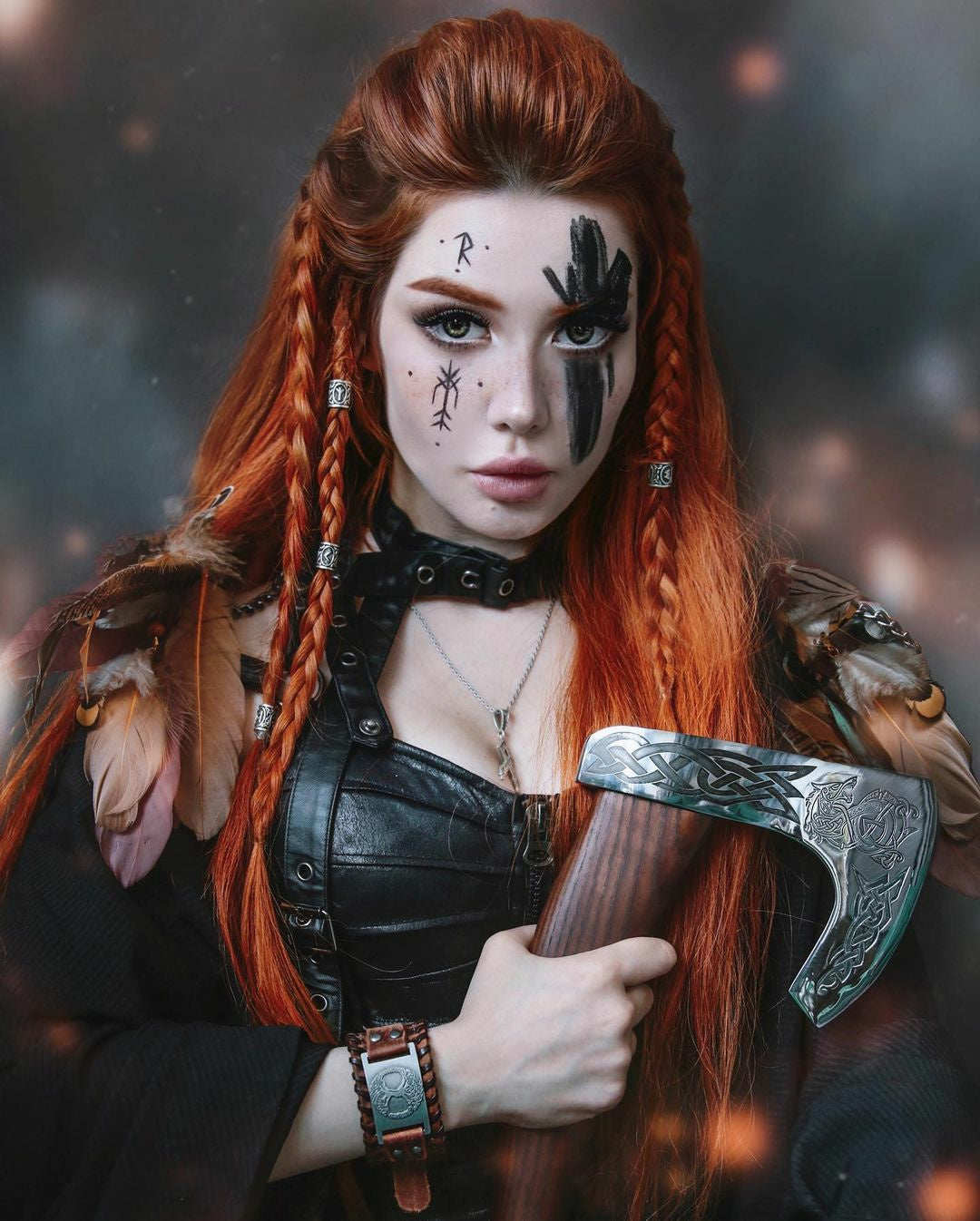
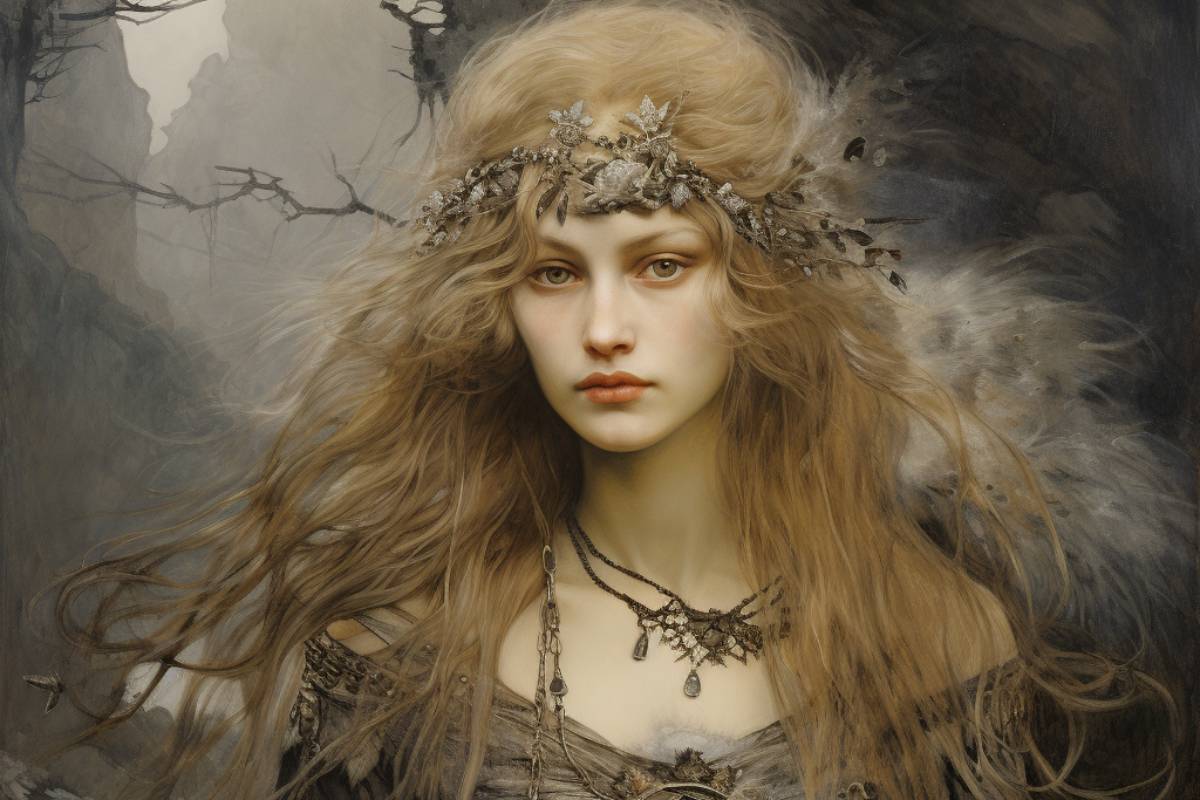
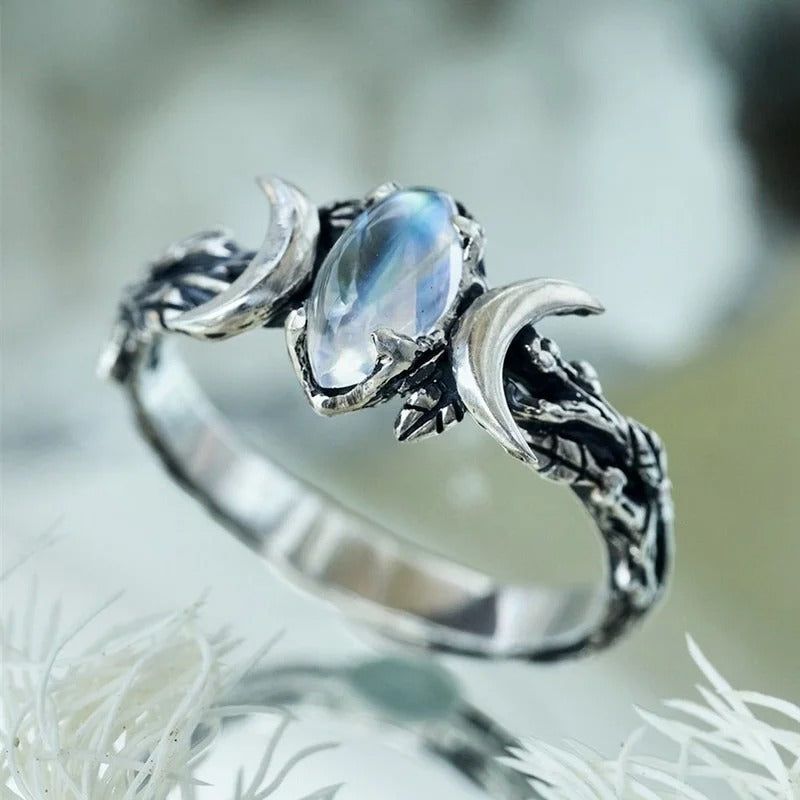
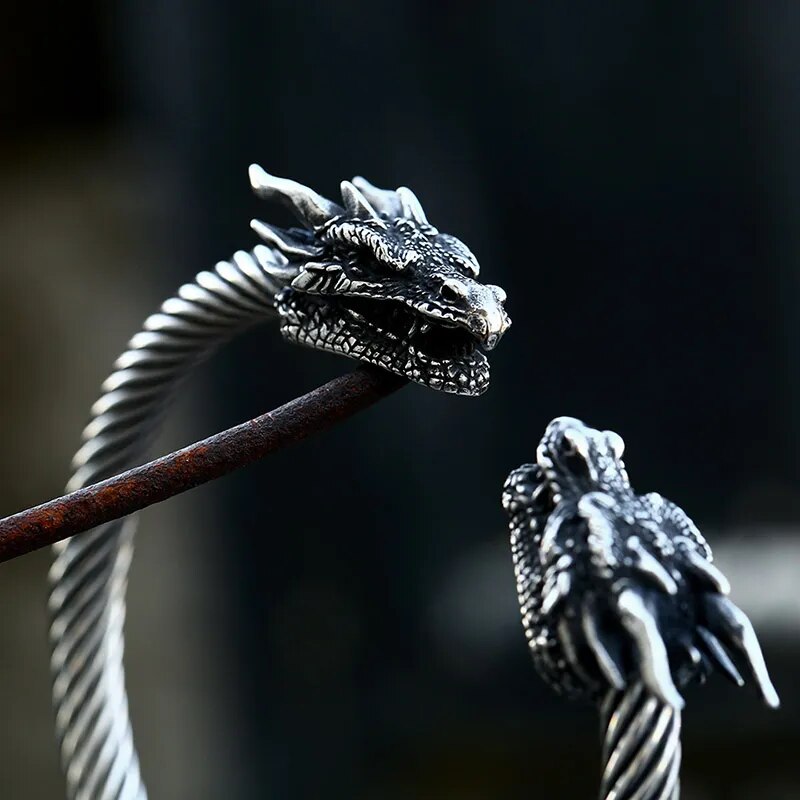
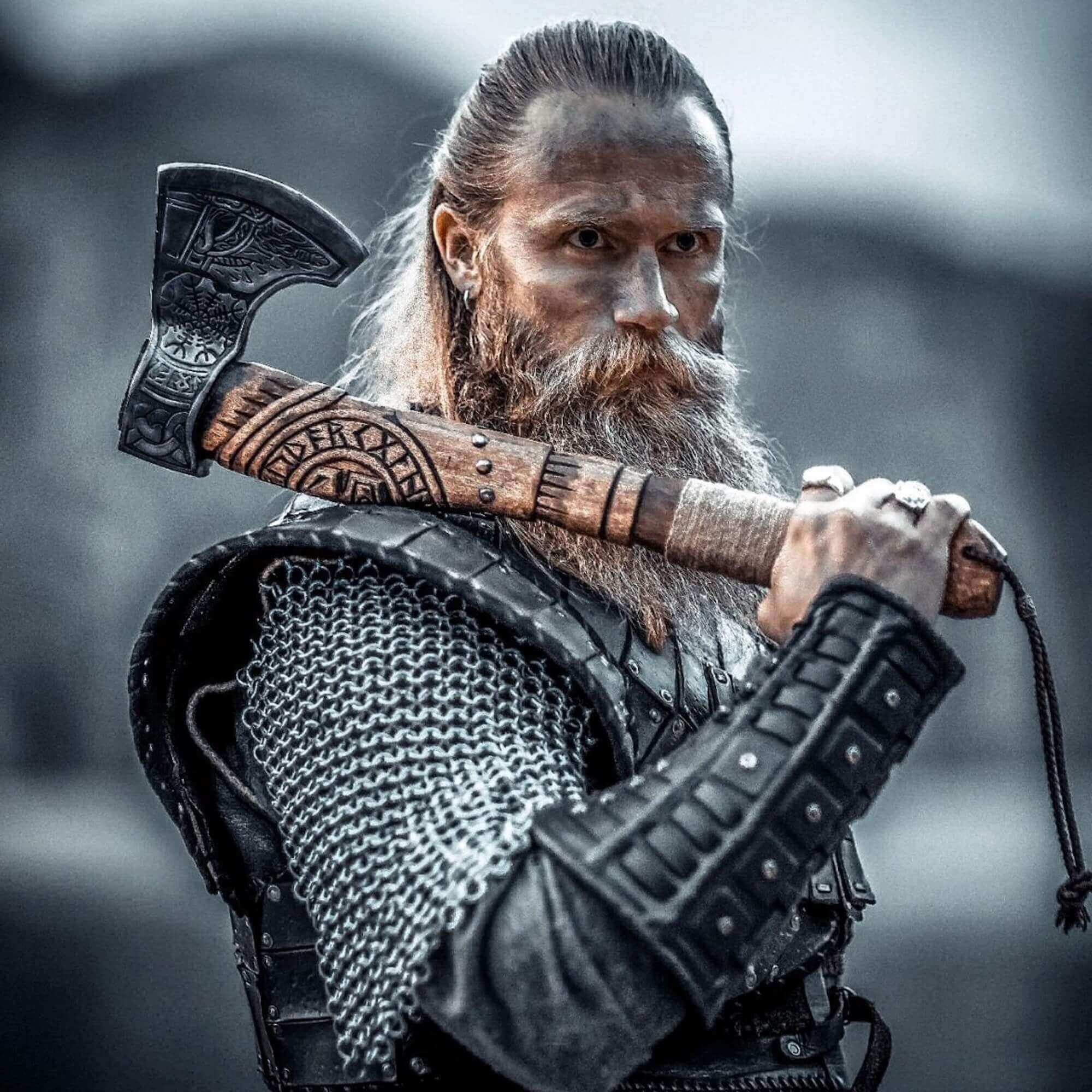
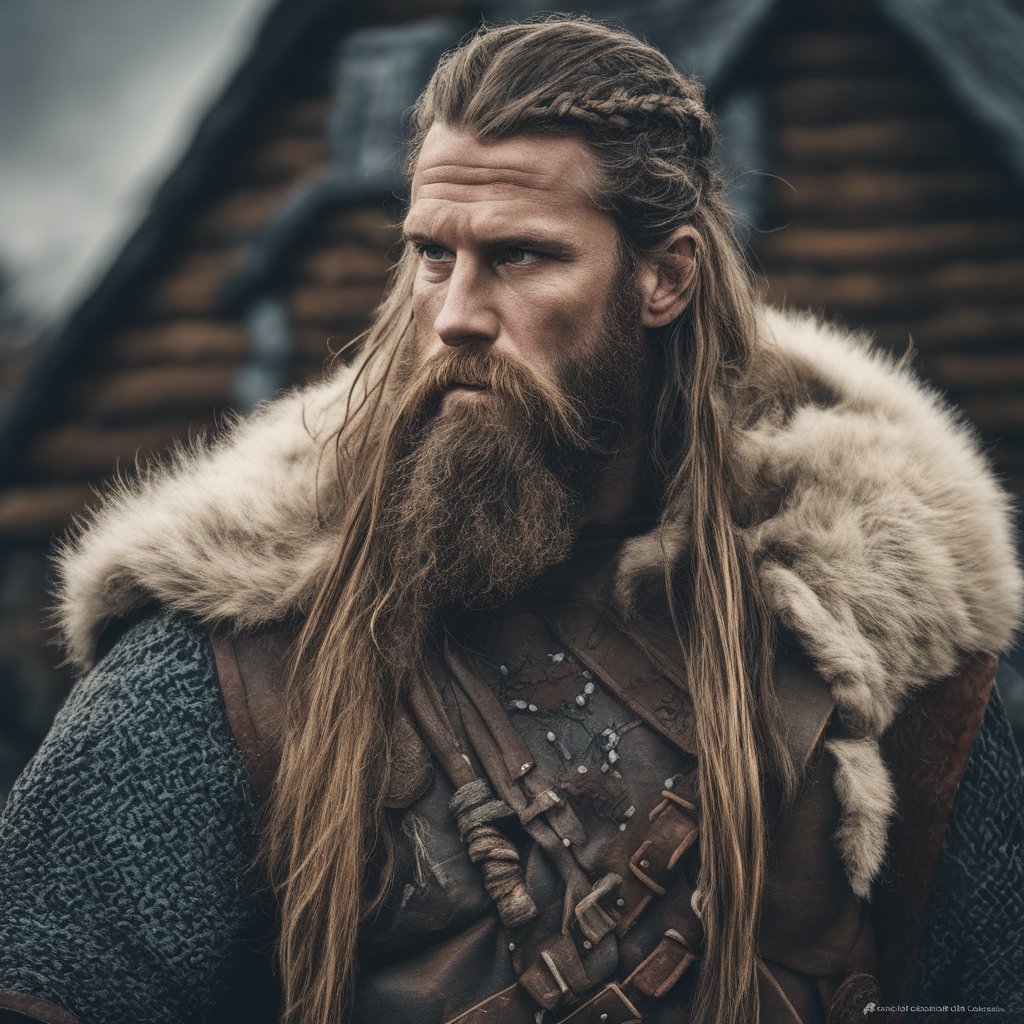
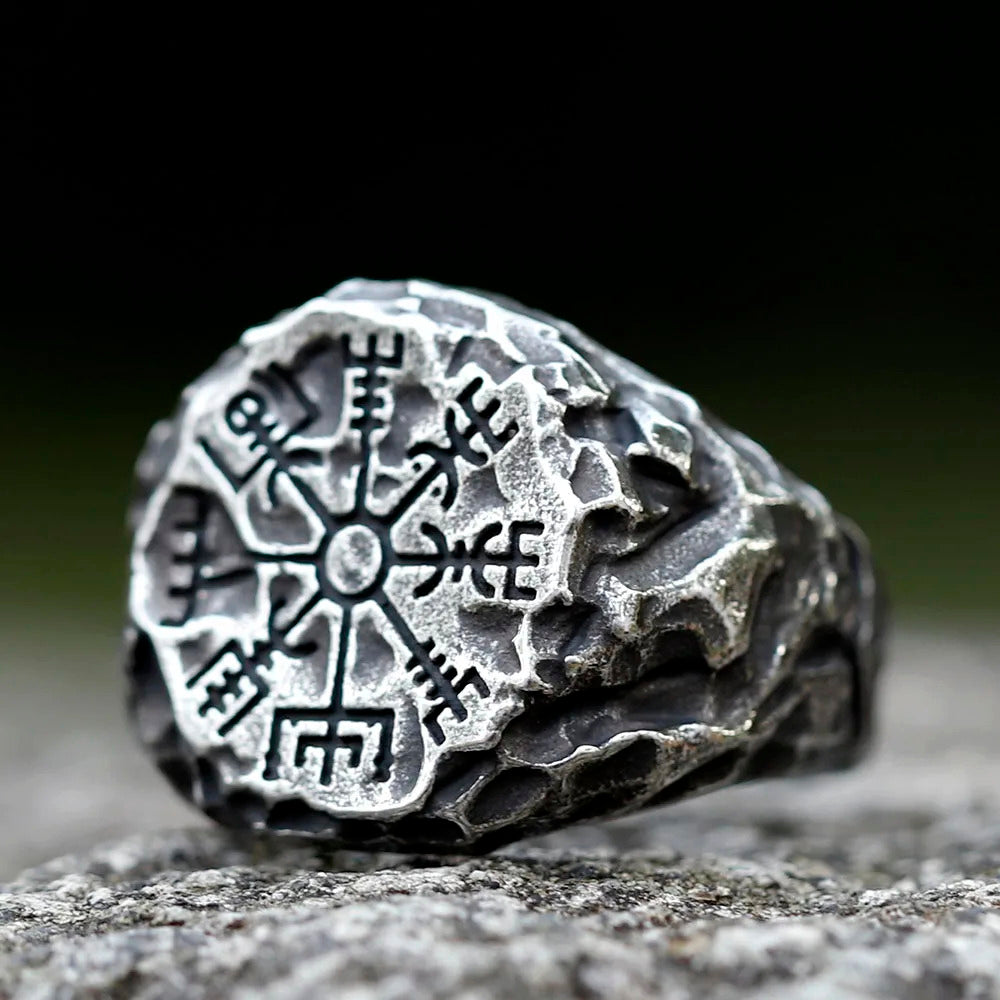
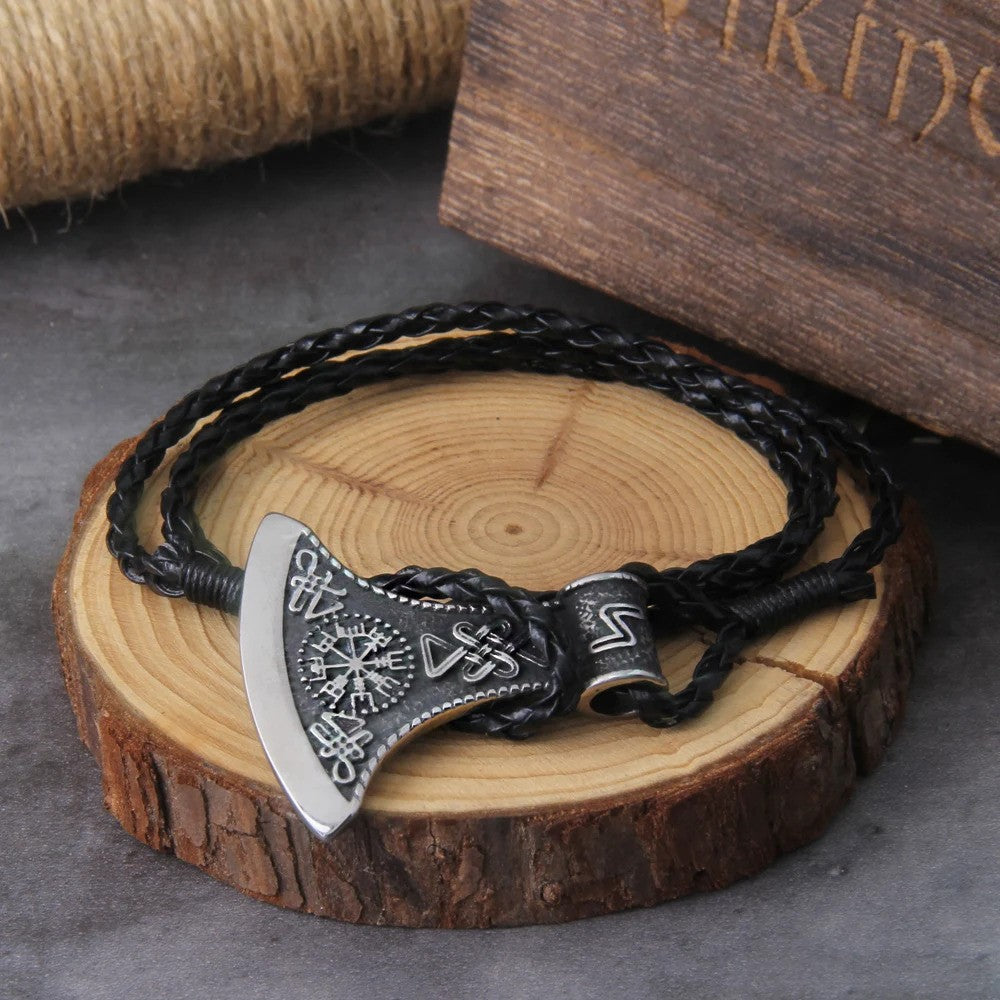
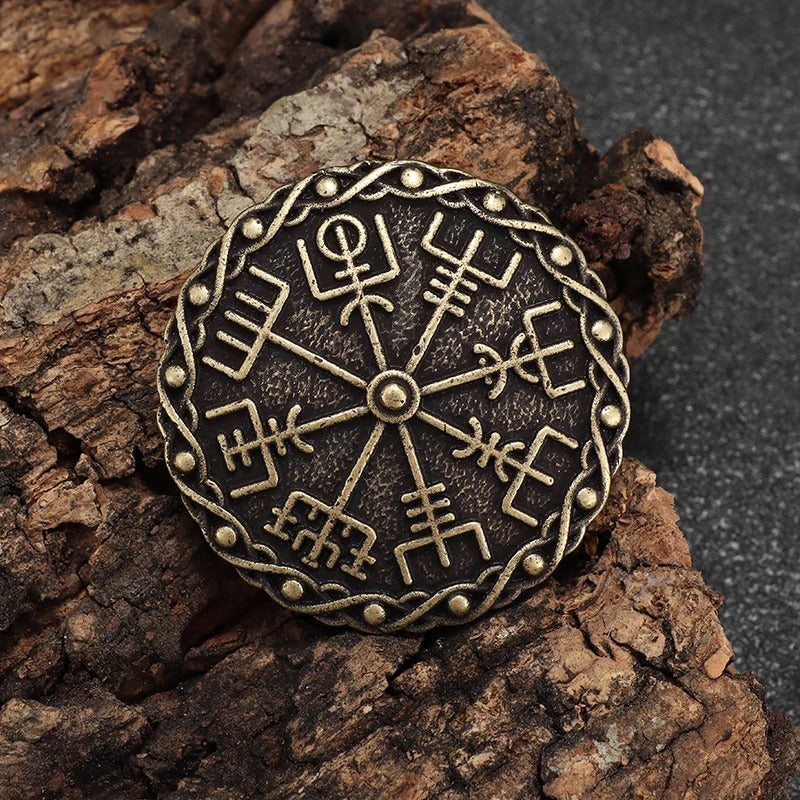
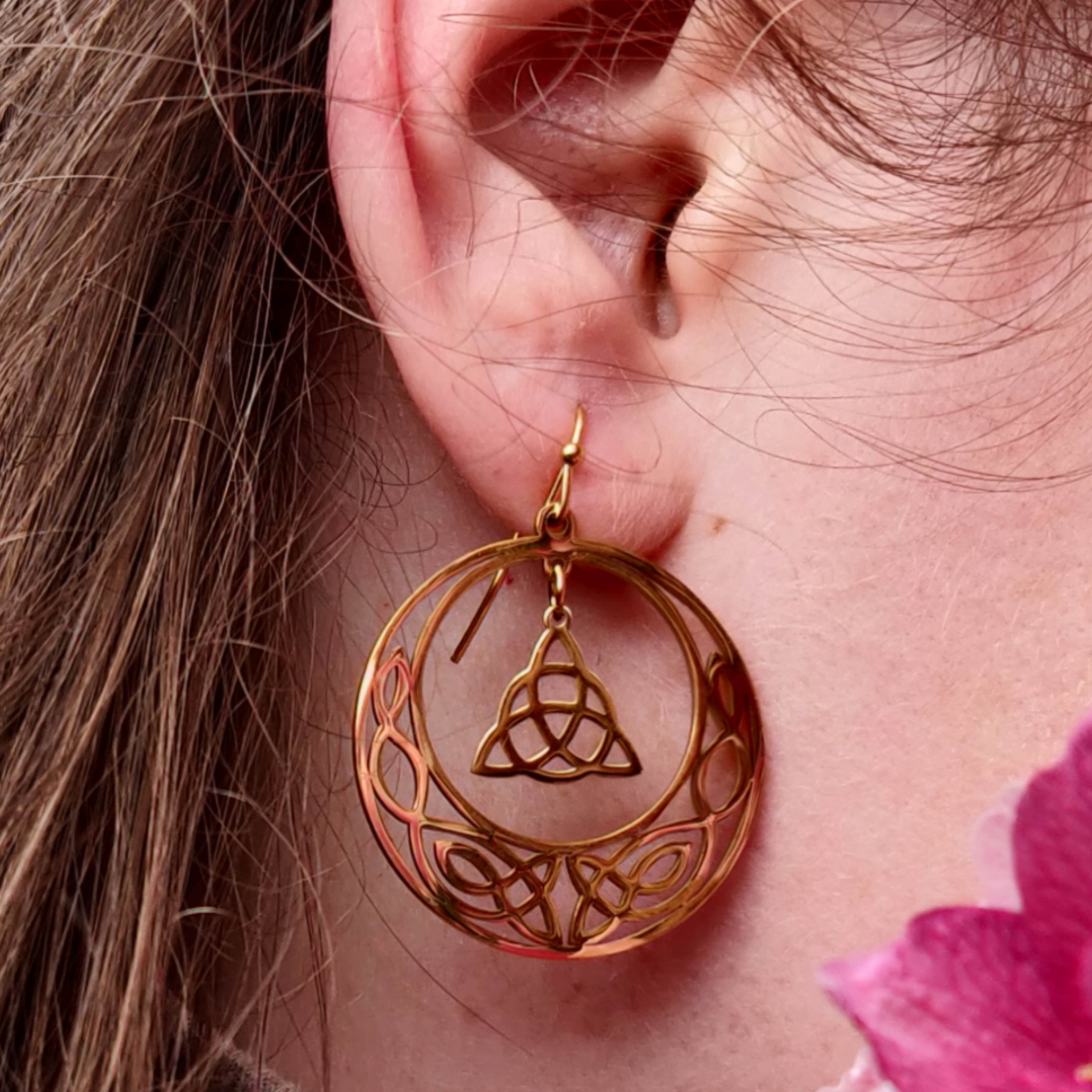
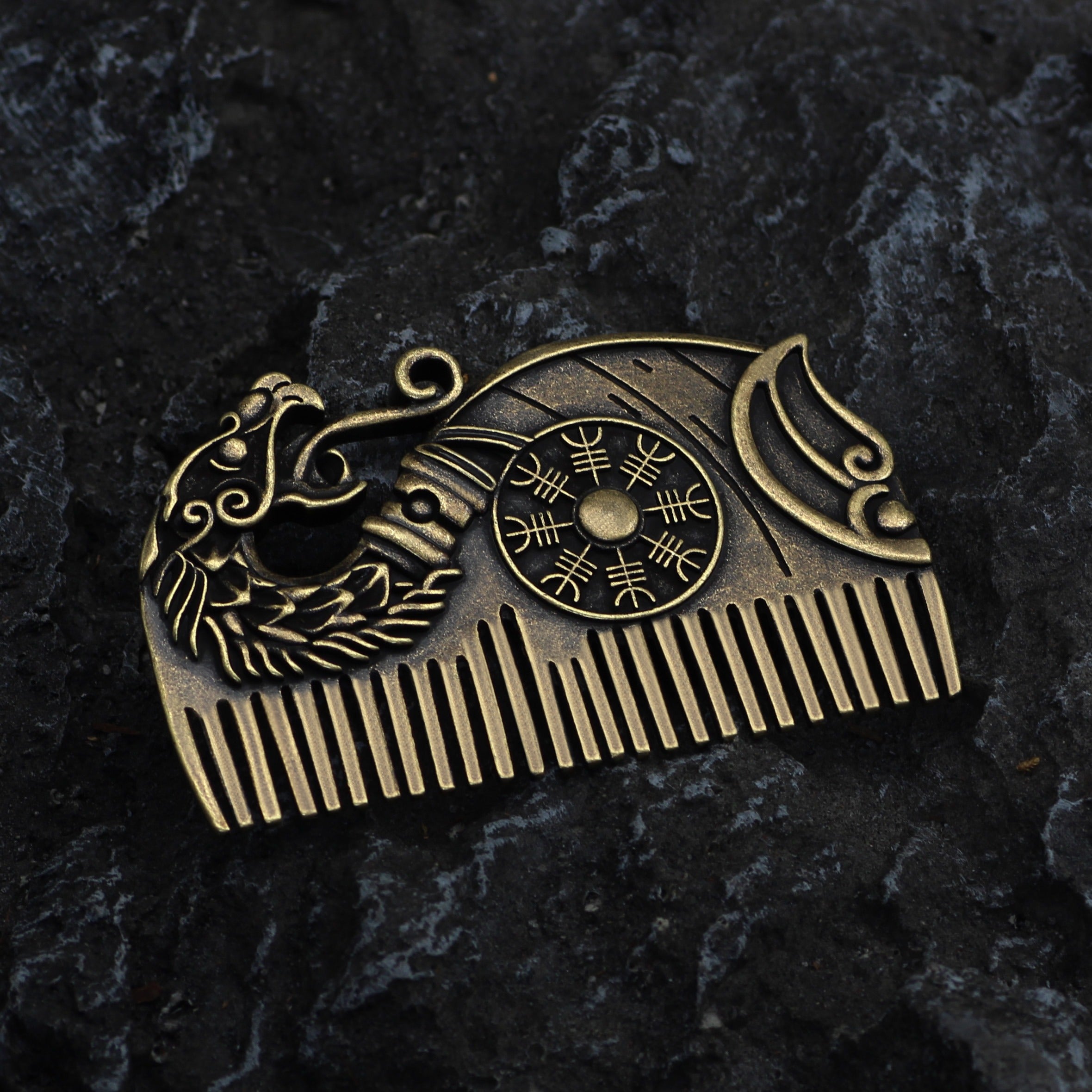

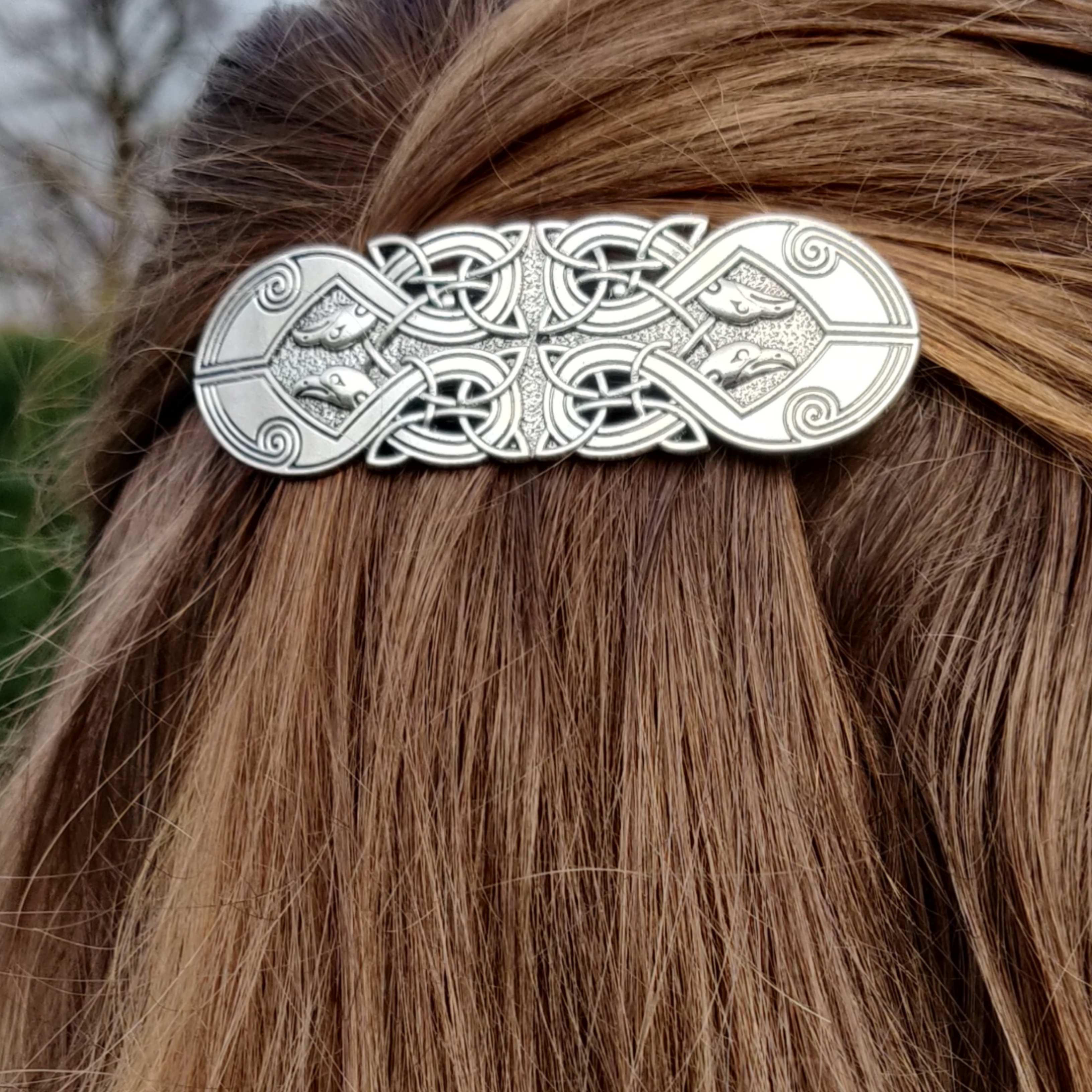

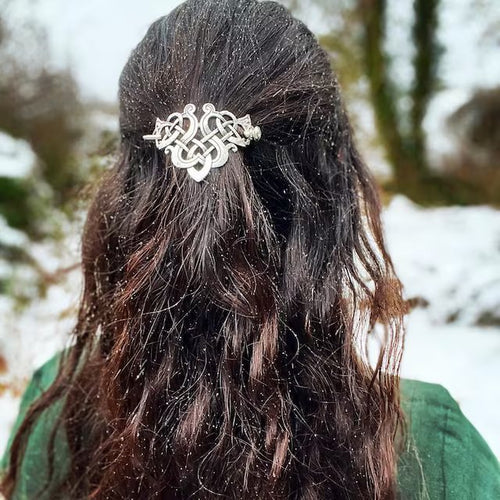
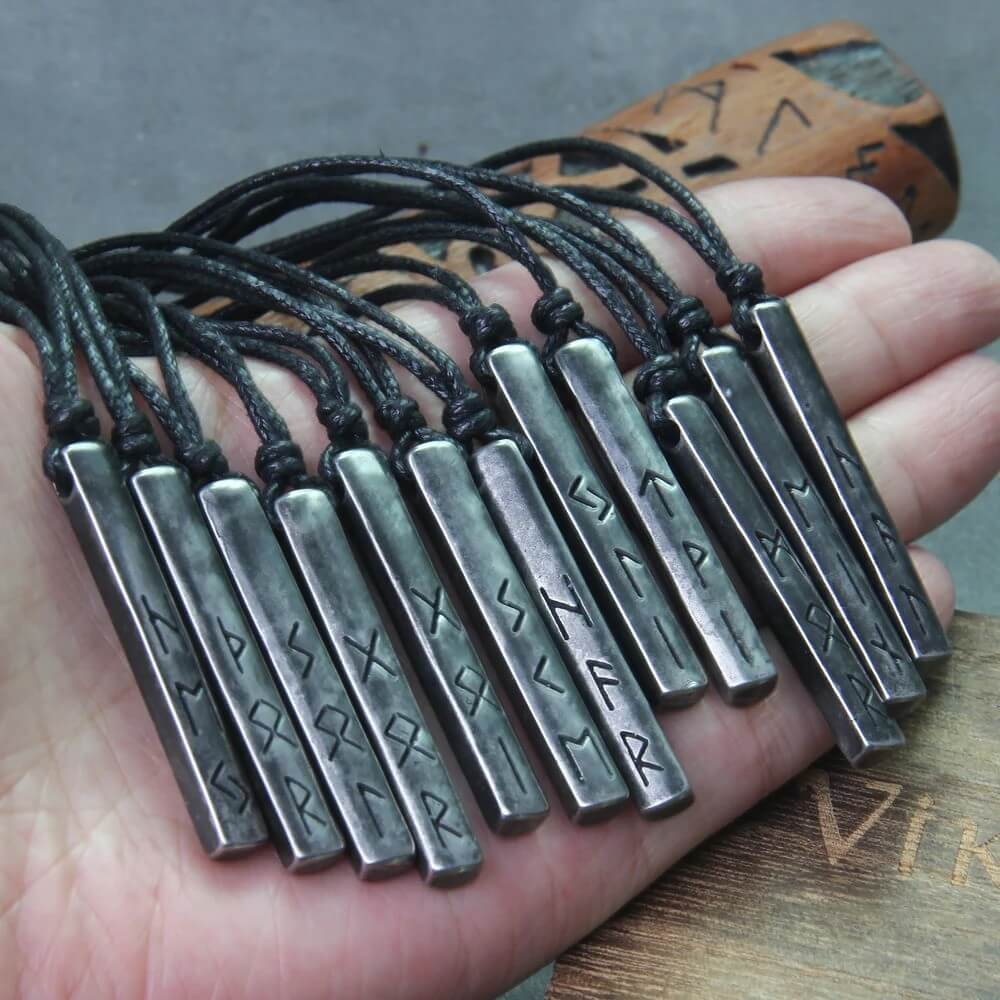
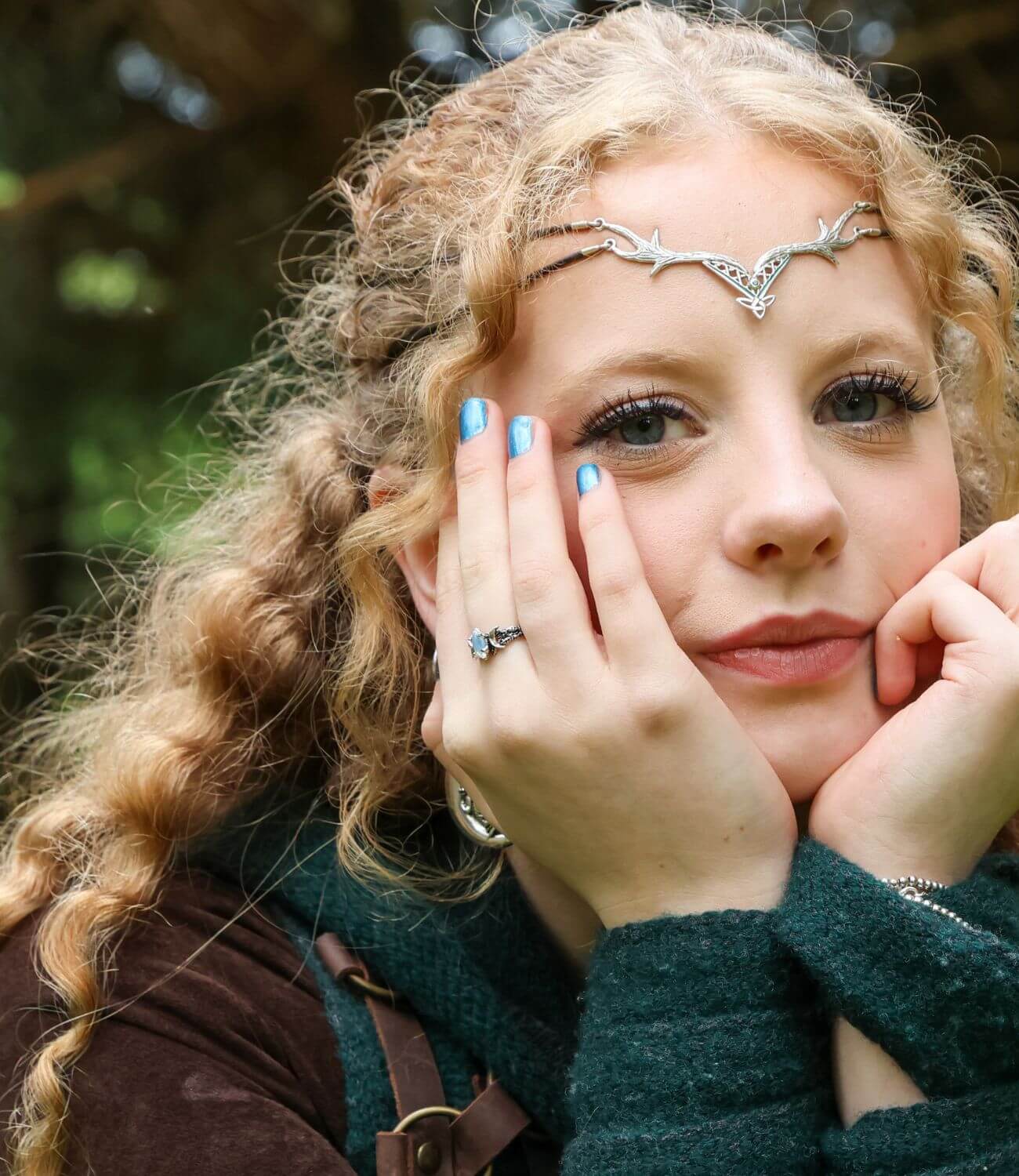

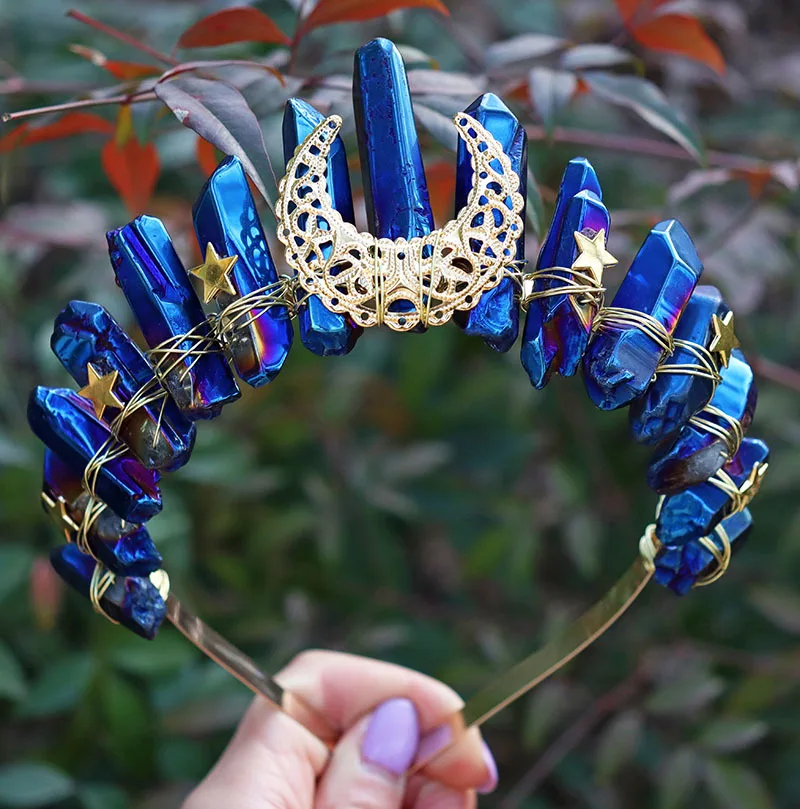
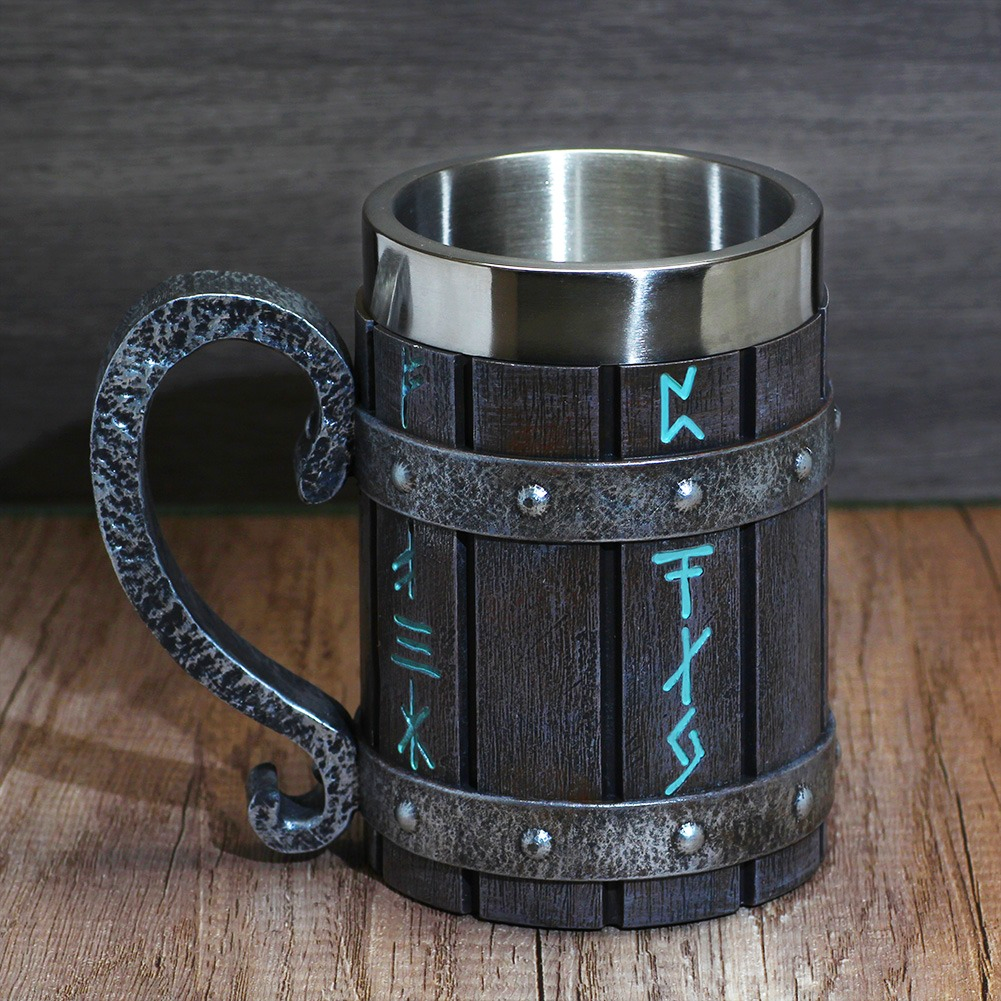


Leave a comment
All comments are moderated before being published.
This site is protected by hCaptcha and the hCaptcha Privacy Policy and Terms of Service apply.